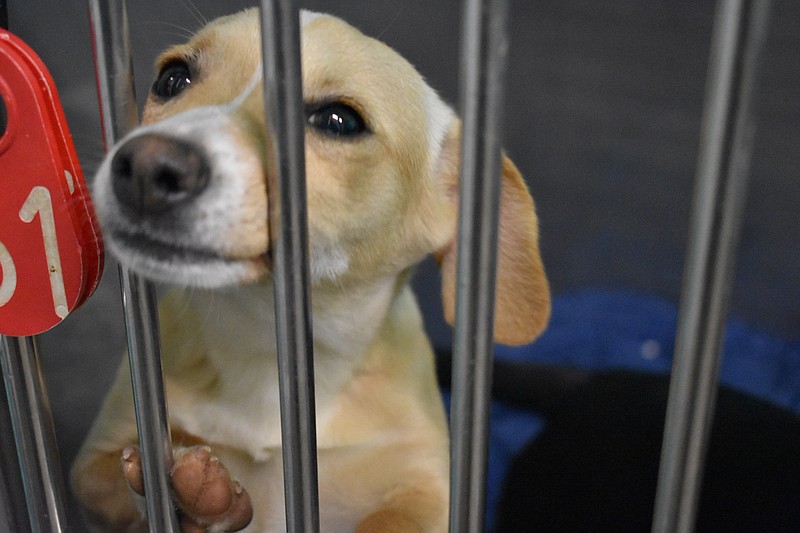Q. My wife and I disagree on getting a puppy for the kids at Christmas. Does the BBB have suggestions on this issue?
A. If your family is begging for a cute puppy this holiday season, the Better Business Bureau suggests waiting until a less hectic time of year. Pet ownership can be complicated and expensive, and the BBB warns prospective pet owners must be extra cautious of unscrupulous puppy mills and online scammers at this time of year.
BBB also reminds consumers to be aware of the potential for fraud from bogus online pet sellers. A 2017 BBB study of online puppy scams found that nearly 80 percent of pay-per-click advertising in Internet searches for pets may be scams, with consumers in their teens and 20s most susceptible to these scams.
BBB suggest due diligence; carefully research the breeder with the BBB, www.bbb.org, check the business review report and customer reviews for the organization. Avoid potential scams; also get a bill of health from a licensed Veterinarian. There may be health problems to consider.
Regardless of how you get a dog, BBB and the American Kennel Club offer the following advice:
Avoid puppy scammers. Scammers may make an emotional appeal to unsuspecting consumers, commonly through classified newspaper or online ads. A better way to find a good breeder is to ask friends for referrals or to look for a rescue group or animal shelter. Always check out the firm's BBB Business Profile at bbb.org. Read the results of a BBB investigation of one puppy scammer to familiarize you further with puppy scam techniques.
Don't be fooled by a well-designed website. Unscrupulous scammers will often create a professional-looking, but fraudulent, website designed to lure potential buyers with cute puppy pictures they have downloaded from other breeders' websites.
If it sounds too good to be true, it probably is. Beware of scammers who offer to "re-home" their purebred puppy in exchange for transportation or vaccination fees. If a free purebred puppy sounds too good to be true, it usually is. Scammers will continually ask for more money for unexpected – and fraudulent – costs, and you may never receive the puppy.
Don't wire money to a stranger.
Request to see the puppy in person. Consider doing a reverse search on any photo to see if it's used on other sites.
Check a breeder or shelter's credentials. If you locate a puppy through a website, do not send money without speaking to the breeder and checking references and credentials first. Ask if the breeder is a member of an American Kennel Club, and contact the club to verify membership.
Avoid puppy mills. Some businesses that sell puppies aren't scams, but also do not keep their animals safe and healthy. Unless you can visit the breeding facility before purchase and bring your puppy home personally, avoid purchasing a puppy from a website. When you have a puppy shipped from another area, you don't know how the puppy has been treated, how healthy, or its age.
Jim Winsett is president of the Better Business Bureau in Chattanooga

